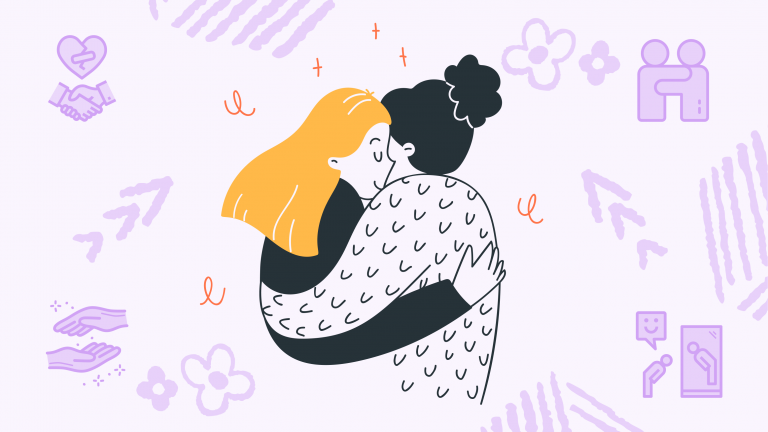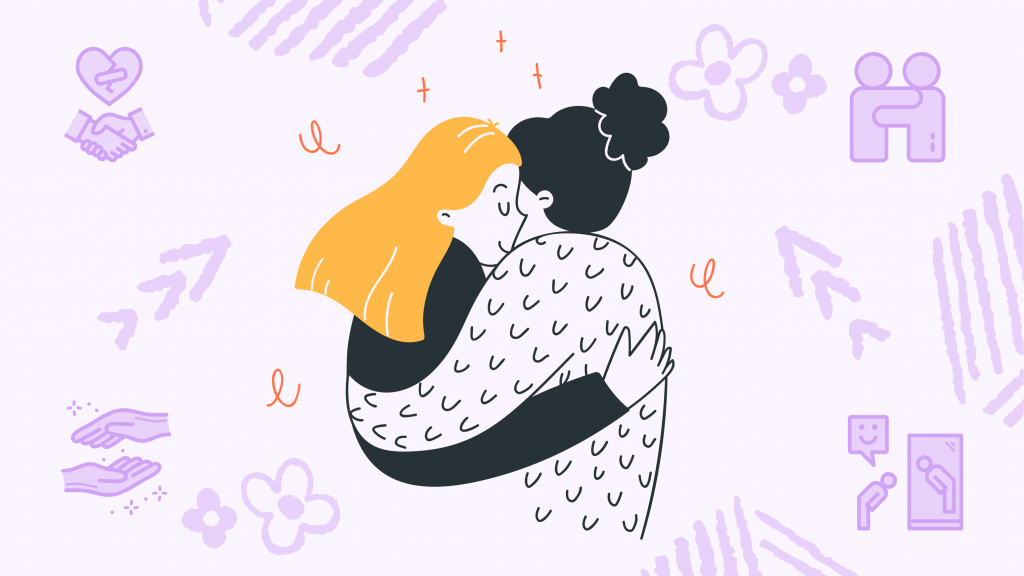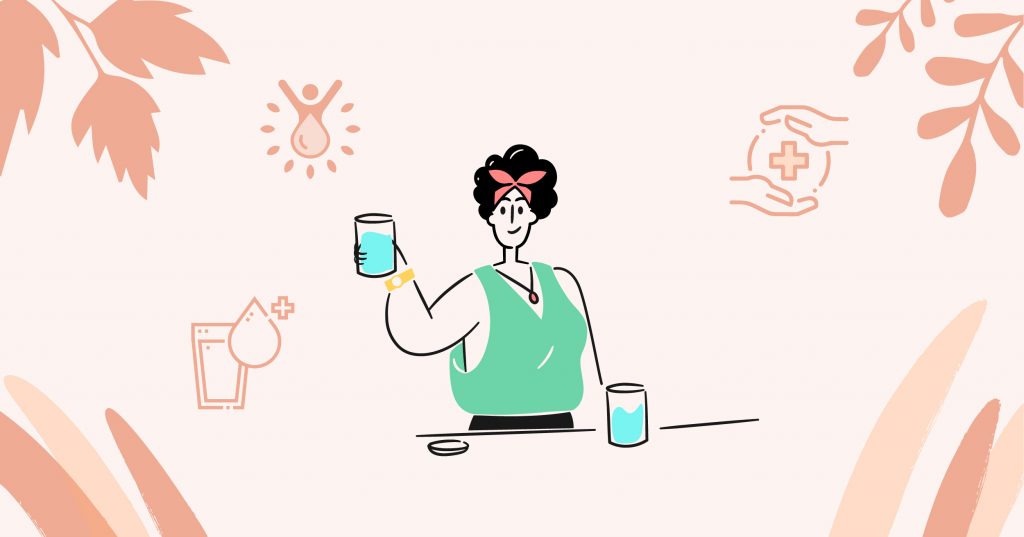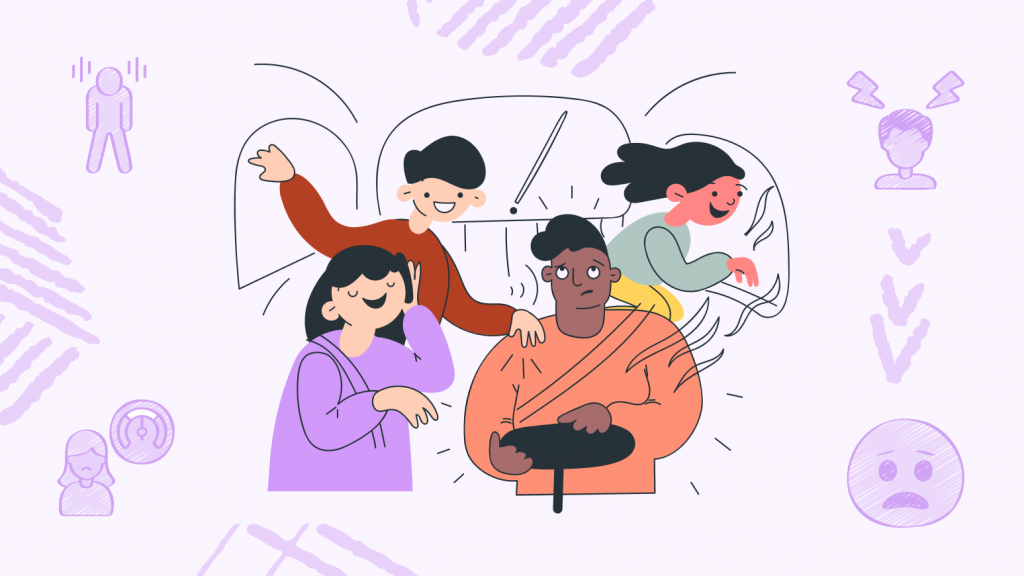The Forgiveness Hurdle
Forgiveness is a path strewn with emotional obstacles and societal misconceptions, often perceived as a sign of weakness or surrender. This struggle is deeply rooted in our everyday experiences, where grievances and betrayals, big or small, can accumulate like stones in a backpack, weighing us down.
From minor annoyances, like a friend’s thoughtless comment, to more significant hurts, like a betrayal of trust, these grievances can fester, creating a barrier that hinders our emotional freedom and well-being.
Unpacking the Baggage of Bitterness
Why is forgiveness often so hard to achieve? To understand this, we need to delve into the mind and body’s response to hurt and betrayal.
When we’re wronged, our brain’s defense mechanisms kick in, leading to a flood of stress hormones like cortisol and adrenaline. These chemicals prepare us for a “fight or flight” response, heightening our emotions and often locking the negative experience in our memory. This reaction, while evolutionarily protective, can keep us in a state of anger and resentment, impeding our ability to move forward and heal.
Neurologically, holding onto grudges activates the brain’s pain pathways, continually reminding us of the hurt and keeping the emotional wound fresh. It’s like having a mental bruise that keeps getting poked.
Persistent stress can have detrimental effects on our physical health as well, including increased risk of heart disease and weakened immune system, showing how deeply intertwined our emotional and physical well-being can be.
Steps to Unburden the Heart
So, how do we navigate the journey of forgiveness? It begins with recognizing that forgiveness is more for ourselves than for the offender. It’s about releasing the toxic buildup of resentment to find peace and healing.
- Acknowledge the Pain: Start by accepting that you’ve been hurt and that your feelings are valid. Denying the pain only leads to more suffering.
- Reflect on the Impact: Consider how holding onto anger and resentment is affecting your life and well-being. Ask yourself if clinging to these feelings serves your highest good.
- Empathy and Understanding: Try to see the situation from the other person’s perspective. This isn’t about excusing their behavior but understanding it, which can sometimes lessen the emotional grip of the event.
- Decide to Forgive: Make a conscious choice to forgive, even if it feels difficult. This decision is a crucial step in reclaiming your emotional freedom.
- Express Forgiveness: Whether through writing a letter (you don’t have to send it) or speaking out loud, articulating your forgiveness helps solidify your intent and begin the healing process.
- Let Go and Move Forward: Forgiveness is an ongoing process. It may require reaffirming your decision to forgive, especially when old feelings resurface.
Subscribe to newsletter
Get your Gut Health Starter Guide right now.
Elevate your Tuesdays with practical, science-backed wisdom propelling you forward on your gut health journey.

The Liberation of Letting Go
Now, let’s hear from Maria, who experienced the transformative power of forgiveness. Maria was deeply hurt by a close friend’s betrayal, leading to years of anger and estrangement. The grudge felt like a heavy chain, dragging her down emotionally and physically, manifesting as chronic stress and anxiety.
Maria’s journey to forgiveness began with the realization of how much her pain was connected to the inability to forgive. She started with small steps, acknowledging the hurt without immediately trying to push it away or resolve it. Over time, she worked through her feelings, gradually seeing the situation from her friend’s perspective and recognizing the complex interplay of factors that led to the betrayal.
“Forgiving my friend didn’t happen overnight. It was a process that required revisiting my pain and actively choosing to let it go. But as I did, I felt lighter, like I was shedding a weight I’d carried for far too long. My sleep improved, my anxiety lessened, and I found more joy in daily life. The act of forgiveness freed me from a cycle of negative emotions and opened my heart to healing and new possibilities. It was like getting a second chance at happiness, not just with others, but with myself.”


















